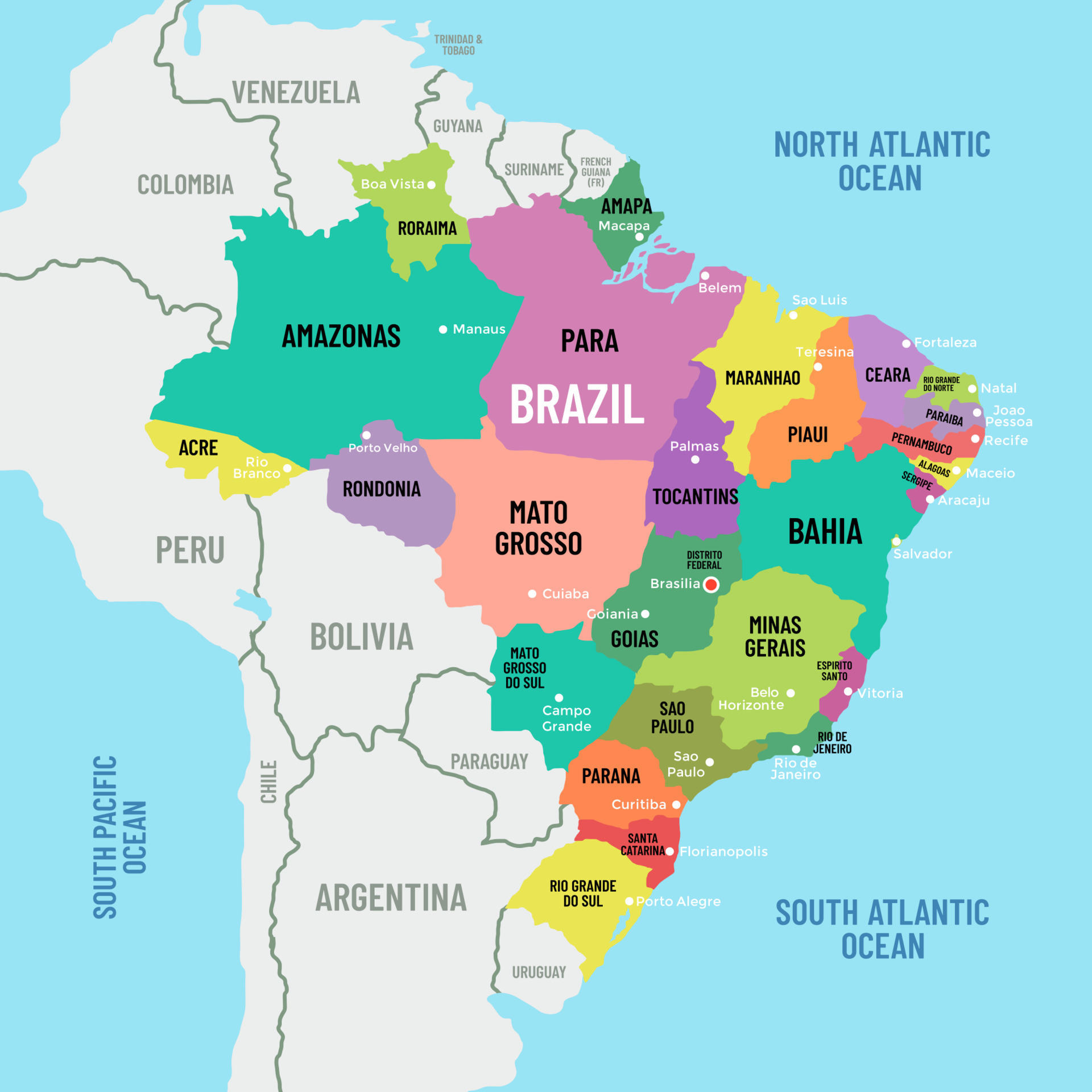Knowing which are the hard skills and soft skills most demanded by the technology area is a piece of essential knowledge for carrying out more assertive hiring.
After all, when we talk about competency-based recruitment, a good understanding of the desired skills in the professional who will be hired is crucial for you to find the ideal talent at the end of the entire process.
Turns out, with the IT career going through so many transformations over the years, it’s not always easy to keep up with the new market demands and know exactly which skills to prioritize, isn’t it?
If your answer to that question is yes, then you can’t help but read this article until the end.
Throughout it, we will not only explain what are the main differences between hard skills and soft skills, but we will also detail which skills are considered essential today for IT professionals.
Here we go?
What are hard skills and soft skills?
Even with both concepts being very present in day-to-day HR, it is common to have some confusion when talking about hard skills and soft skills.
For the avoidance of doubt, let’s understand once and for all that each of the terms means?
Well, when translated into Portuguese, the word “skill” can be understood as the ability or competence that someone has to perform something.
In the corporate world, in turn, these competencies can be divided between technical skills, which are called hard skills, and behavioral skills called soft skills.
In other words, hard skills are that knowledge that can be more easily measured during a selection process, such as mastery of other languages or knowledge of specific programming languages.
Soft skills, on the other hand, are attributes linked to a candidate’s behavioral profile and, therefore, are more difficult to capture. As an example, we can mention emotional intelligence, creativity, and the spirit of collaboration.

Main differences between hard skills and soft skills
As you saw above, hard skills and soft skills are very different concepts, but they complement each other when it comes to identifying the ideal candidate profile.
In summary, we can say that:
- Hard skills are technical skills and therefore more specific and easier to prove through tests or even certifications. They are also easier to develop, both outside and within companies;
- Soft skills are interpersonal and social skills, linked to the way a person deals with situations and emotions. Because they are more generic, they are also more difficult to assess during selection processes.
Now that you know what hard skills and soft skills are, let’s go!
How important are soft and hard skills?
Before we talk about the skills most sought after by the technology market, let’s understand why soft and hard skills are so important?
For starters, hard skills and soft skills are fundamental to a professional’s success, regardless of the area in which he will work.
See: while technical and specific skills reinforce the aptitude that an employee will have to perform their activities, behavioral skills are crucial for building good relationships in the work environment.
That is why, more and more, companies are looking for differentiated professionals, who combine these two skills well, especially when we talk about management positions.
It’s a fact: the time when hard skills were the only factors evaluated in selection processes is long gone.
Looking at the behavioral characteristics that will help a professional to perform their duties well, collaborate with their peers and act more strategically has become something equally important for the success of organizations
Soft and hard skills are most sought after in the area of technology and programming
Now, we come to the most awaited moment of the post!
As we said earlier, the Information Technology market has been changing constantly and demanding more and more from professionals.
If you want to know what are the most sought-after skills and technical and behavioral skills in those who work in the area, check out the list we have prepared:
Soft Skills
- Creativity: ability to create solutions based on technology, as a way of collaborating with the company’s goals;
- Leadership and Motivation: professionals with a leadership profile are able to keep work teams constantly motivated and oriented towards the achievement of goals;
- Collaboration: in the IT area it is common to see professionals working closely together. Therefore, the ability to work well in a team is a highly desired skill;
- Adaptability: The ability to quickly adapt to changes is valuable, especially in a market that is constantly evolving;
- Emotional intelligence is the ability to deal with emotions and feelings, both your own and others, in order to contribute to building more fruitful relationships.
Hard Skills
- Programming languages: the search for developers continues to grow. Among the most demanded languages, Java, Python, C++, and JavaScript stand out;
- Artificial intelligence (AI): this is one of the leading technologies in Industry 4.0. Not by chance, the trend is that it is increasingly present in the daily lives of companies that want to differentiate themselves;
- UX – User Experience: More and more companies are looking at the experience of their users. Therefore, professionals who master this knowledge have stood out a lot;
- Cloud Computing: Cloud computing is crucial to cost reduction and growth for many companies. For this reason, it is considered an important IT hard skill;
- Data Analysis: technology allows companies to have an increasing volume of data at hand. Having someone who knows how to analyze all this information in order to detect and solve problems will make all the difference;
- Project management: over the years, new project management methodologies have been gaining strength in companies, such as Scrum and Kanban. Knowing these and other tools is quite a differential

Hard skills and soft skills for leadership and employees
As you can see, there are a number of hard skills and soft skills that are important for professionals working in the technology area.
But it is worth remembering that not all of them need to be present in a single professional.
Some competencies are more in demand in leadership positions, for example, such as the ability to motivate and management skills.
The fact is that each position will require a set of specific hard skills and soft skills. The secret is to understand case by case and, before starting a selection process, to have very well defined which characteristics are necessary for the open position.
That way, you will see that it will be much easier to find a candidate who is fully aligned with what your company expects at that moment!
For candidates, it is worth remembering that, as difficult as it may seem, practically all skills can be developed or improved if pursued diligently. To assist in this process, we have listed 15 personal and professional development books that are recommended by HR professionals. See you there!
We hope that with the tips listed here, you now know what soft skills and hard skills are and what to prioritize when interviewing
Also, if hiring a developer is a priority to you and your company, click the button below and fill out the form.














